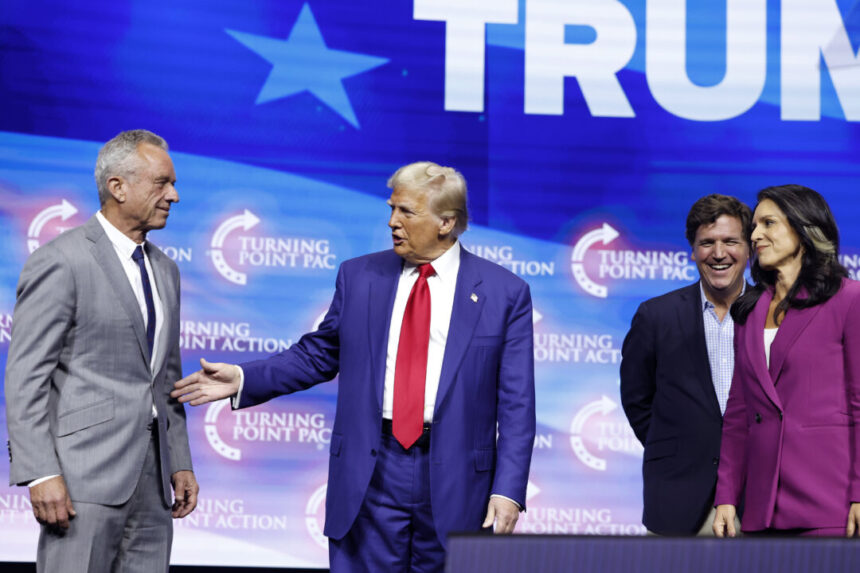Commentary
We are still amazed and slightly disoriented by the sudden explosion in U.S. politics on Election Day. Trump and his party’s sweeping victory was unexpected, especially after the predictions were for a different outcome.
This victory also signifies a win for various causes and grassroots movements that have been growing over the past 30 years. They came together in just three months before the election, forming a coalition that has not only impacted the United States but the entire world.
The speed at which these groups aligned and the opportunities now presented to them are truly remarkable. Many of these groups were not even aware of their shared interests until recently. Now, as they transition from dissenters to rulers, they face challenges that come with their newfound status.
Consider the homeschool movement, which started as fringe radicals in the 1970s but has since become a significant force in the 21st century. They excel in various fields and have gained political power as they advocate for their rights.
Interestingly, homeschooling became mandatory during the school closures of 2020, recruiting millions of parents who were concerned about their children’s education. This movement quickly gained momentum.
Adjacent to this is the medical freedom movement, which focuses on issues like informed consent, alternative therapies, and medical choice. They gained new followers during the pandemic as vaccine mandates encroached on personal freedoms.
Similarly, the food freedom movement advocates for healthy eating and supports small farmers and organic products. This movement, often labeled as left-wing, celebrates sustainable agriculture practices.
These movements are also connected to small business concerns, especially in the face of online commerce and foreign competition. The struggles faced by retailers and manufacturers have highlighted the challenges of domestic manufacturing.
The labor movement, nostalgic for a time when the U.S. was a manufacturing powerhouse, aligns with small businesses. Additionally, resistance movements against climate change claims and illegal immigration have gained traction in recent years.
Military families, concerned about the misuse of the military and pointless wars, also form part of this diverse coalition. Workers fed up with income disparities and competition from undocumented workers have found common ground with these groups.
The movement focused on sound money principles, dating back to the 1970s, has evolved to include cryptocurrencies like Bitcoin. Their concerns align with the anti-financialization movement that gained momentum after the 2008 financial crisis.
Despite their differing ideologies, Occupy Wall Street and goldbugs have found common ground on the importance of honesty in finance, truth in accounting, and transparency in governance.
Various dissident groups, spanning interests in religion, family, pro-life, gun rights, and traditional gender norms, have also joined forces, collectively challenging the ruling elites who have monopolized power.
The COVID lockdowns of 2020 served as a catalyst, uniting these disparate factions in a shared fight against government overreach and corporate control. As the 2024 election approached, a coalition began to form, led by figures like Tulsi Gabbard, Robert F. Kennedy, Jr., and Elon Musk.
This grassroots movement, fueled by a newfound solidarity, marked a turning point in political consciousness and mobilization. While the Trump administration may struggle to meet all expectations, the momentum for change is undeniable.
As challenges and criticisms arise, the key will be for individuals to maintain hope, contribute where they can, speak out when necessary, and remain patient yet persistent in their efforts to effect positive change.
Views expressed in this article are opinions of the author and do not necessarily reflect the views of The Epoch Times.






